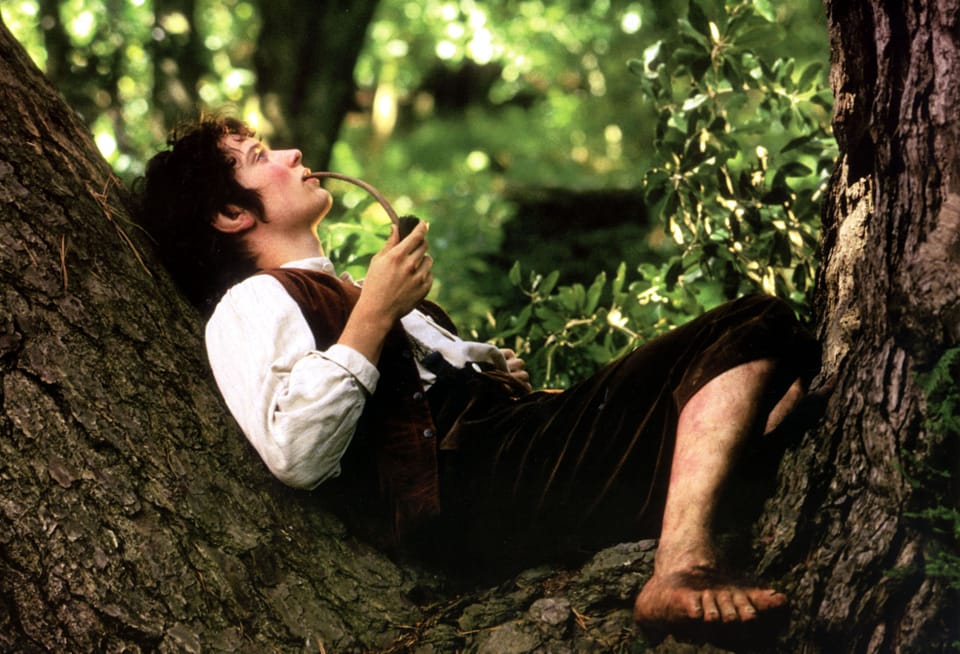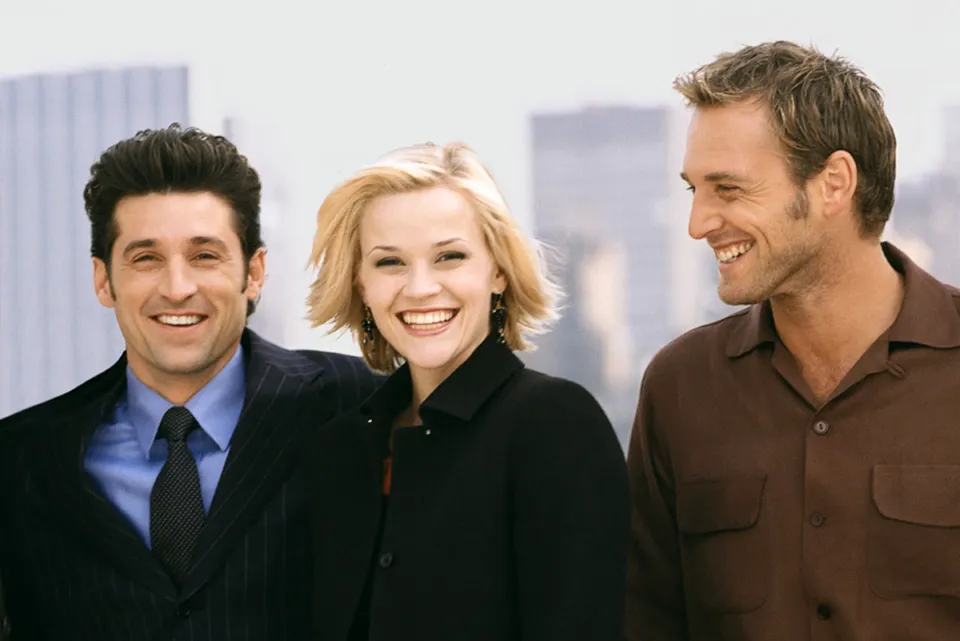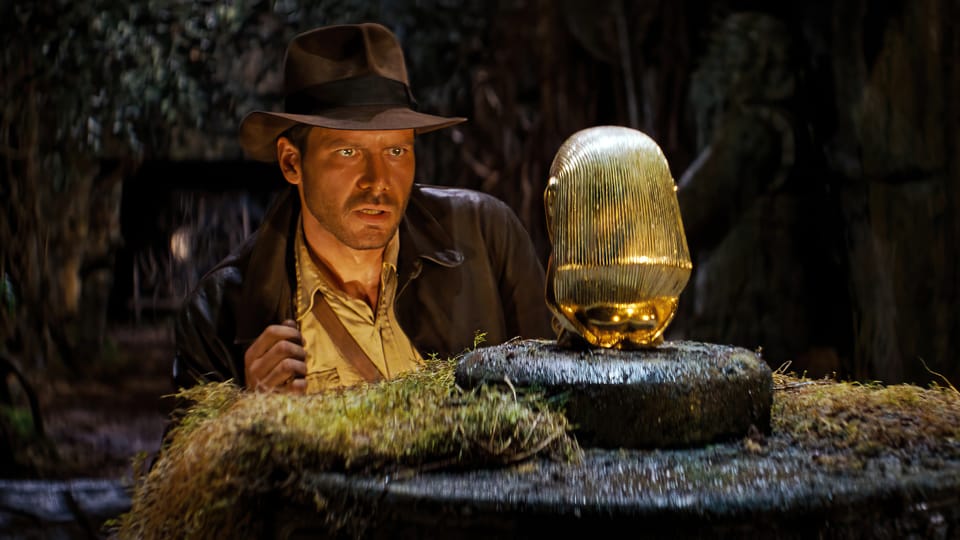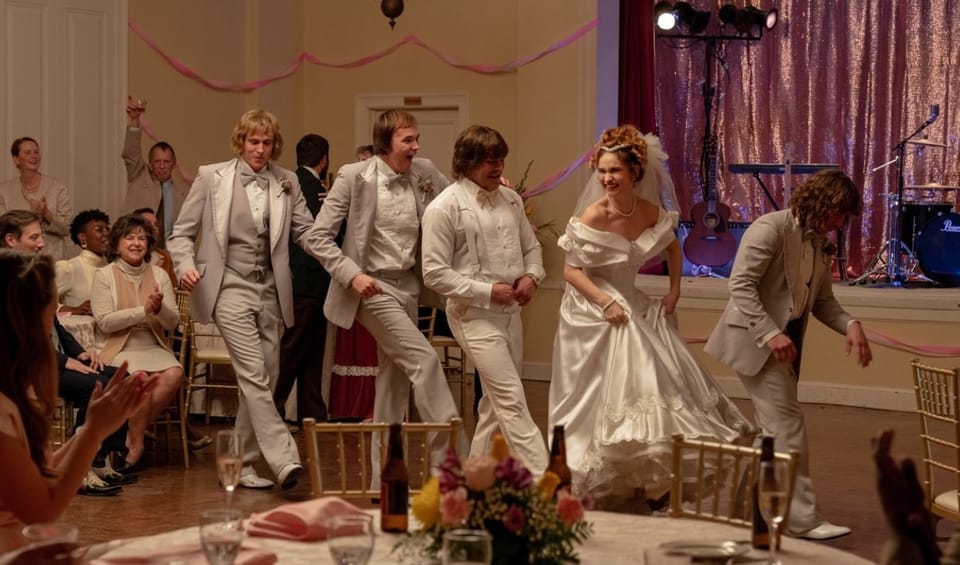What motivates the characters in your screenplay?
Anxiety means well. Anxiety’s job is to protect us, after all. It’s just usually an incredibly unskilled and unproductive way to do it.

The Story and Plot Weekly Email is published every Tuesday morning. Don't miss another one.
Anxiety: “I just wanted to protect her.”
I saw INSIDE OUT 2 this weekend with my family, and near the end, the character Anxiety explains her behavior with, “I just wanted to protect Riley.”
It is a truly lovely film, and this moment hit me. Anxiety meant well. Anxiety’s job is to protect us, after all. It’s just usually an incredibly unskilled and unproductive way to do it.
But it got me thinking more about human motivations and how I approach them both in my life and writing.
The truth matters.
The most important thing to storytelling is emotional truth. We really don’t have anything without it.
The audience needs to believe each choice characters make.
This is easy early on as you define a character through their choices. But it gets tougher as we spend more time with them.
We have a story to tell, after all. The character’s choices not only have to coincide with the story’s needs, they need to feel completely independent. And the best stories are ones where we feel like their choices drive the story.
To preserve emotional truth, we need the audience to believe the motivations behind those choices. If the motivations change, we need to believe that change, too.
If we don’t believe the WHY, we will not believe the WHAT. If we don’t believe it, we won’t be moved by it.
Make choices.
This is where we usually let the audience down. Our characters lack a unified journey because they serve the plot, producer notes, or the paradigm of the last screenwriting book we read.
Writers have a real habit of justifying after the fact.
We will write something the reader doesn’t believe, and when asked about it, we find some way to explain our choice and insist it is believable, even though someone just said, “I don’t buy it.”
But you can not explain away something the audience emotionally rejects. It needs to make sense to them the first time.
This means simplifying and unifying a character's wants.
How to define a character.
Defining a character is simpler than we make it. I have written this many times before (and this will not be the last!) but from a dramatic perspective, the easiest way to define any character is:
- What the character wants.
- What the character is willing to do to get it.
The best way to illustrate these things is through their choices.
If a character transforms over the course of a story, one of the above will change.
What drives the wants
If the want drives the action and defines the character, what motivates the want?
I tend to break down a character’s want into three levels.
- A physical want. This is usually connected to the central dramatic question. But even before that, in the ordinary world, they have a want that will tell us who they are.
- An emotional want. This is often tied to a relationship with another person and how that makes the character feel about themself.
- A spiritual want. This needs to be mostly unconscious at the beginning of the story. Realizing this, after all, is a huge part of their growth. This spiritual want is really about the character’s relationship with themself.
I think "tension" is another great term for it, as is "stakes."
To simplify it:
The physical is the problem they need to solve. The spiritual is how they solve it. The emotional is how they get there.
Let's look at two films. DIE HARD, because I know that one like the back of my hand, and BARBIE because I need more examples from the 21st century.
Examples.
DIE HARD
Physical want. To save his wife from the terrorists (thieves.) Before that, he wants his wife to quit her job and come back to New York.
Emotional want. The stakes of his wife’s life are obvious, but in addition to that, in the first act, we learn that this man feels totally unnecessary in this family. He doesn’t feel needed anymore. He doesn’t feel secure in his marriage. He desperately wants to change that. But he thinks SHE needs to change for that to happen.
Spiritual want. He becomes less separate from his wife, and the way in is through gratitude and humility: “She is the best thing to happen to a bum like me.”
BARBIE
Physical Want. She wants everything to remain the same, and to do so, she needs to find the person playing with her.
Emotional want. Change terrifies her. Feeling different terrifies her. She doesn’t feel secure in her own world for the first time.
Spiritual want. In the end, she realized she wants change. She wants to be alive and in the moment, even if that means dying one day.
The motivations of behavior.
Did you notice the one thing those two stories had in common?
Both characters wanted to feel more secure. The status quo was unacceptable to them because how they felt was unacceptable to them.
And in the end, they found contentment by accepting the status quo and changing themselves.
When looking at negative behavior, we can usually break it down to a desire for three things:
- Security.
- Sensation.
- Power.
All three desires are a person’s attempt to feel different about themselves and the current moment.
Security.
This can manifest itself in a variety of ways. A person feels scared and unsafe, and they want to change that. They are challenged in how they see themselves, and they have to restore it. They developed coping mechanisms from a previous unsafe experience that no longer apply to their current life. One way or another, future moments look worse than current moments, and a person will try to change that. If they do so in unskilled ways, they can reap an awful lot of destruction.
Sensation.
The physical and emotional sensations that take someone out of their reality can be quite addictive. While we tend to think of drugs and alcohol, there are many ways to get high. Sex, shopping, shop-lifting, extreme sports! So many. Some of these can be healthy if done skillfully and in moderation. But they can turn on a person quickly.
Power.
It’s what it sounds like: the feeling of greater worth by imposing one's will on another. Unlike the other motivations, I don’t see a positive side to this one. It is always unhealthy and is usually reserved for bad guys and those who desperately need to be redeemed. This kind of want is especially dangerous if the answer to “What are they willing to do to get it?” is without limits.
Identify these for your characters.
When we look at characters engaging with the world unskillfully, which of these three desires motivates their actions?
For flawed characters we like, it is most likely security. We are far more likely to turn on characters who are motivated by sensation and power.
But what about healthy motivations? Certainly, the human condition allows for HEALTHY motivations, right?
Yes. I reserve just one slot for that.
Love.
A character's (healthy) love for themselves, others, life, and that which is good. This character acts as a part of the world rather than separate from it. This will often be done as a sacrifice because this kind of action will often cost.
This is the realm of a satisfied spiritual want.
The transformation.
As we watch a character transform, their early wants are often dictated by the less healthy motivations of security, sensation, and power.
As they grow, usually as their emotional wants and relationships expose certain truths to them, they end up being led by the only pure motivation there is: love.
A character will often think they act in love.
Not every character is going to dramatically transform. Some are in pretty good shape already. Perhaps they just need to grow in certain areas to feel the full joy they deserve or sometimes just to survive.
Often, they are good people who just don't see a certain truth in front of them.
In MAVERICK: TOP GUN, Maverick sabotages Rooster’s career before the movie opens. Rooster hates Maverick for this. Maverick convinced himself that he did this for Rooster’s own good but a huge part of Maverick’s growth is realizing he did this for selfish reasons.
He was scared something might happen to Rooster and knew he couldn’t handle it if it did. Maverick was motivated by his need for security.
The act of love was allowing Rooster to make his own choices and live his own life.
This is also true for Joy in this week's INSIDE OUT 2. Joy thinks her desire to help Riley is rooted in love, but it is really a need to control from a place of security.
The actual act of love is letting Riley go to become who she is going to be.
We are all amateur psychologists.
Embrace it. But the key word here is amateur. I have not found getting too deep in the weeds of clinical or academic psychology helpful.
We are storytellers, and the connection we want is emotional, not intellectual. Keep it simple. Don’t overthink it. Make big, bold, strong choices and stick with them.
If you do, not only will your characters be emotionally truthful, but they will also tell you what they want to do, which can offer up new worlds of possibilities.
To dive deeper into character structure and how to generate it for each story, check out my flagship course, Mastering Structure.
Pro, beginner, experienced, doesn’t matter. If it doesn’t change how you approach story structure, just let me know within 30 days and I'll refund your money.
Seriously. No questions asked. I believe in it that much.
That's a wrap for this week!
Thanks so much for being a subscriber. Two great films opened this week. FRESH KILLS and INSIDE OUT 2.
FRESH KILLS is in limited release in theatres. It's a patient film that packs a real punch. I am a big believer in seeing those films in a dark theater with nothing distracting you.
Both films are wonderful and worth your time.
I hope so much you get to do what you love!
Tom
The Story and Plot Weekly Email is published every Tuesday morning. Don't miss another one.
When you're ready, these are ways I can help you:
WORK WITH ME 1:1
1-on-1 Coaching | Screenplay Consultation
TAKE A COURSE
Mastering Structure | Idea To Outline




